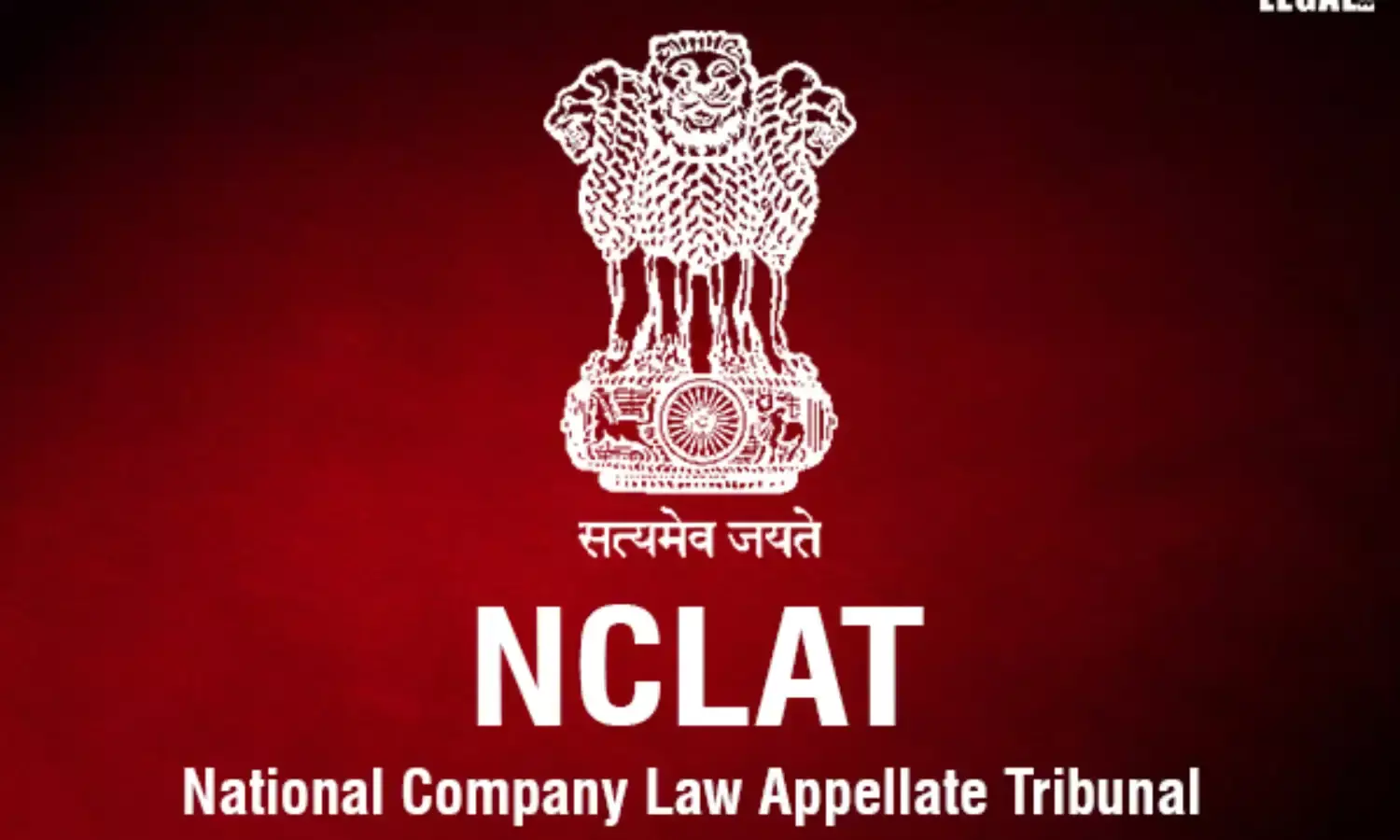CoC’s Commercial Wisdom Is Central To Resolution Plan: NCLAT
Quoting the Supreme Court’s ruling, the NCLAT held that the NFB Agreement should align with the approved Resolution Plan;

CoC’s commercial wisdom is central to Resolution Plan: NCLAT
Quoting the Supreme Court’s ruling, the NCLAT held that the NFB Agreement should align with the approved Resolution Plan
The National Company Law Appellate Tribunal (NCLAT) in a recent ruling observed that ‘the commercial wisdom of the Committee of Creditors (CoC) is central to the feasibility and viability of the Resolution Plan,’ according to section 30(4) of the Insolvency and Bankruptcy Code.
Commercial decisions made by the CoC, especially regarding roll-over of Non-Fund Based (NFB) facilities, must be respected once a Resolution Plan is approved, the NCLAT’s observation stressed.
The matter at hand was whether the respondents (corporate debtor and investors) are authorised to the release of NFB limits sans further evaluation of the financial condition of the borrower, as suggested by the terms of the approved Resolution Plan. In 2017, corporate debtor, Jyoti Structures Limited, was admitted to the insolvency resolution process and a Resolution Plan was approved in 2019. Roll-over of NFB facilities was allowed by the plan however there were delays in distribution of these facilities owing to procedural issues. In 2022, a tripartite agreement was signed and the company sought omission of time from the repayment timeline for the period of delay. In 2023, the company and investors sought directions for release of NFB limits resulting in the impugned order. According to the appellants (financial creditors), the Adjudicating Authority's order to release NFB limits at the first instance, without considering the borrower’s financial viability, contradicted the approved Resolution Plan and the NFB Agreement. The respondents (corporate debtor and investors) claimed that the Resolution Plan openly considers the roll-over of NFB facilities that must be released without unreasonable withholding.
The NCLAT observed that ‘there is no dispute between the parties that the respondents have the right to evaluate each project before issuing any guarantee/letter of credit’. Citing Essar Steels versus Satish Chandra Gupta, the NCLAT stressed that the ‘commercial wisdom of the CoC is central to the feasibility and viability of the Resolution Plan, as per section 30(4) of the Insolvency and Bankruptcy Code’. Once a Resolution Plan is approved, stakeholders must adhere to it and the issue of feasibility cannot be raised afterward.


